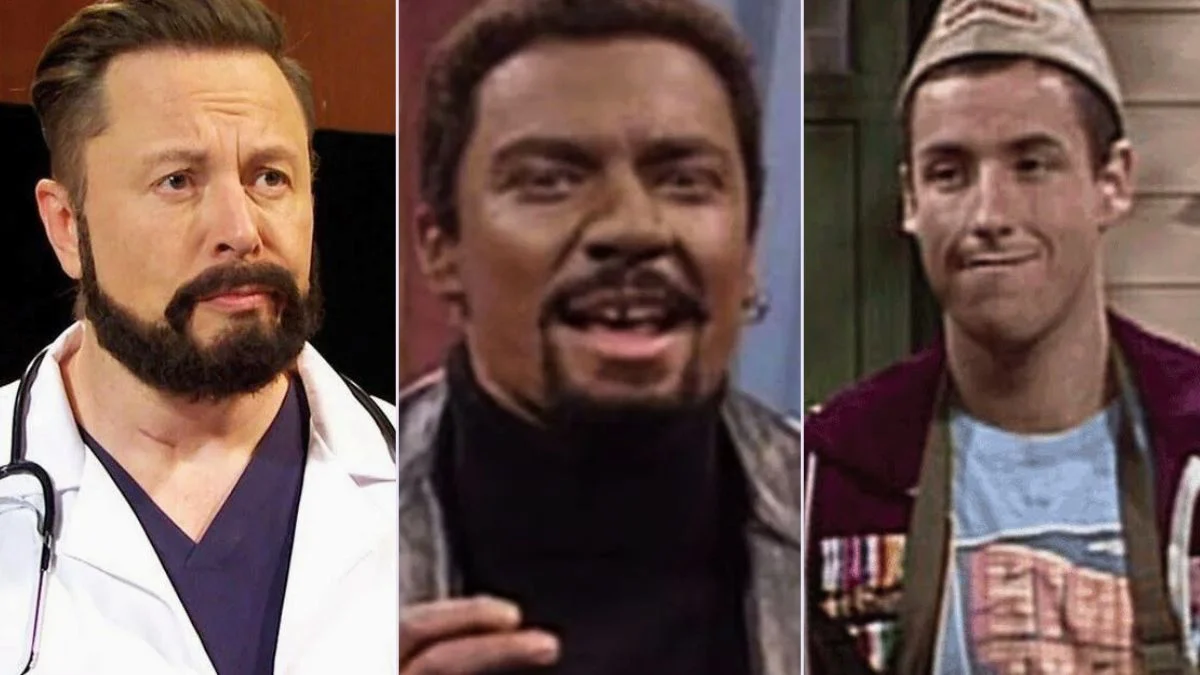
For almost fifty years, ‘Saturday Night Live’ has been known for sketches that tested the limits of what was acceptable on live TV. Many jokes and characters caused controversy, leading to complaints to NBC, discussions online, and even on-air apologies. This list highlights specific instances where cast members created moments that sparked significant negative reactions, changes to show policies, edits to repeat broadcasts, or public clarifications.
Each entry provides a clear explanation of what happened on the show and what followed. Important dates, segments, or characters are included to give context. If a sketch reappeared later, we’ll point that out, along with any official comments from those involved.
Chevy Chase – Word Association
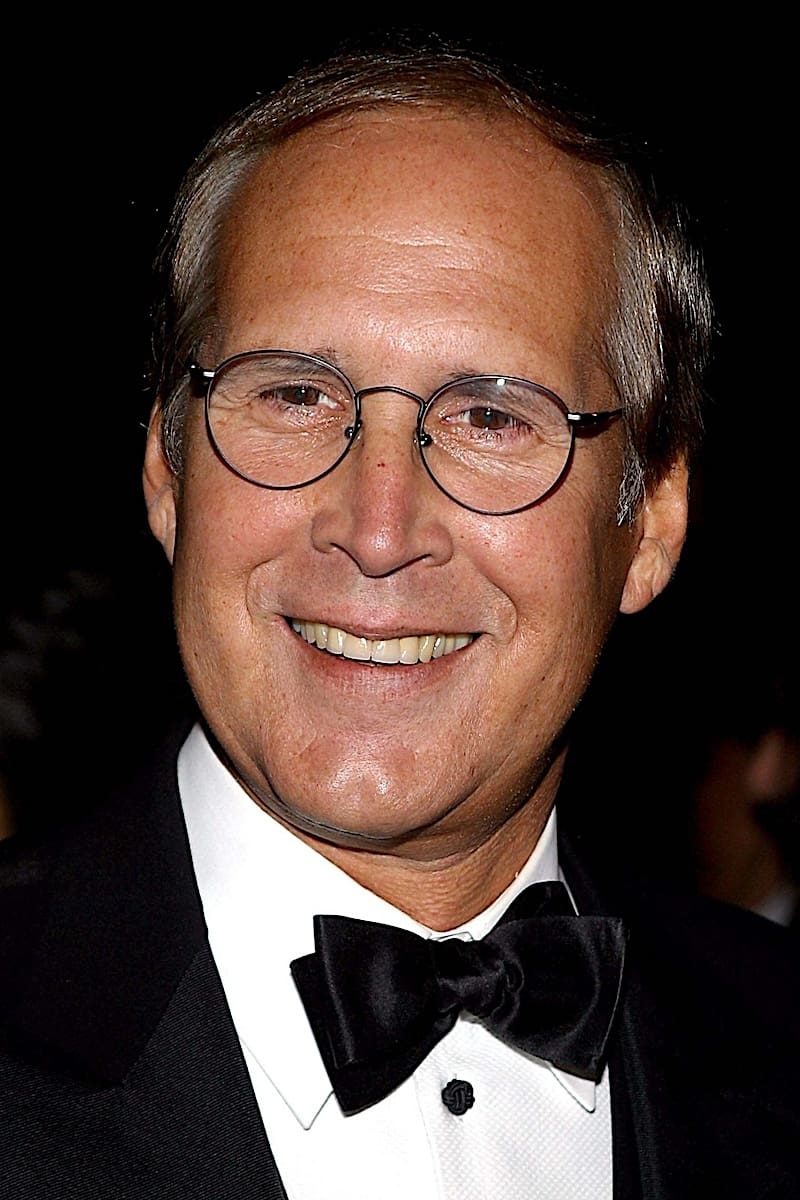
A sketch from the first season featured Richard Pryor in a word association game that unfortunately ended with him using racial slurs. Chevy Chase played the interviewer, deliberately trying to provoke a reaction from Pryor with increasingly offensive questions during the live show. This performance became one of the most well-known sketches from the show’s early days.
The moment became a recurring clip in shows looking back at the season and was featured in documentaries examining how language was used on TV back then. It’s also been analyzed in books about ‘Saturday Night Live’ for its direct handling of racial issues and how live broadcasts dealt with offensive language in comedy.
John Belushi – Samurai Delicatessen
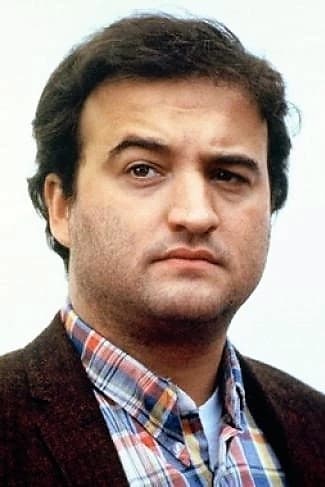
I always loved when John Belushi would play this samurai character! He’d pretend to speak Japanese and hilariously swing a katana – a sword – while just going about normal things like working in a shop. He did this a lot in the mid-70s, and it was so funny because he’d use these over-the-top sounds and really big movements. He’d usually play the character as someone working a regular job somewhere in New York City, which made it even funnier!
Starting in the late 1990s and continuing into the 2000s, the character became a frequent example in discussions about how Asian stereotypes were shown on television and in media studies classes. When clips of the character are re-aired, they often include commentary pointing out how depictions of different ethnicities on ‘Saturday Night Live’ have evolved over the years, though the clips themselves are sometimes edited for brevity.
Dan Aykroyd – Point Counterpoint
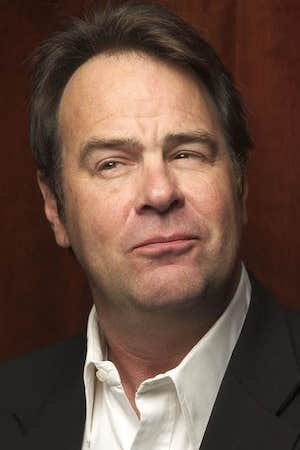
Dan Aykroyd and Jane Curtin famously parodied the debate segments on ’60 Minutes’ by playfully trading insults disguised as commentary. One line, directed at Curtin, stood out for its surprisingly harsh language, shocking viewers who expected a more lighthearted parody of the news.
The show’s popular catchphrase quickly became part of mainstream culture, appearing as references in other television programs throughout the late 1970s and 1980s. However, the network received complaints from viewers, so the show reduced its use of the insulting format in later episodes of its news parody.
Garrett Morris – News for the Hard of Hearing
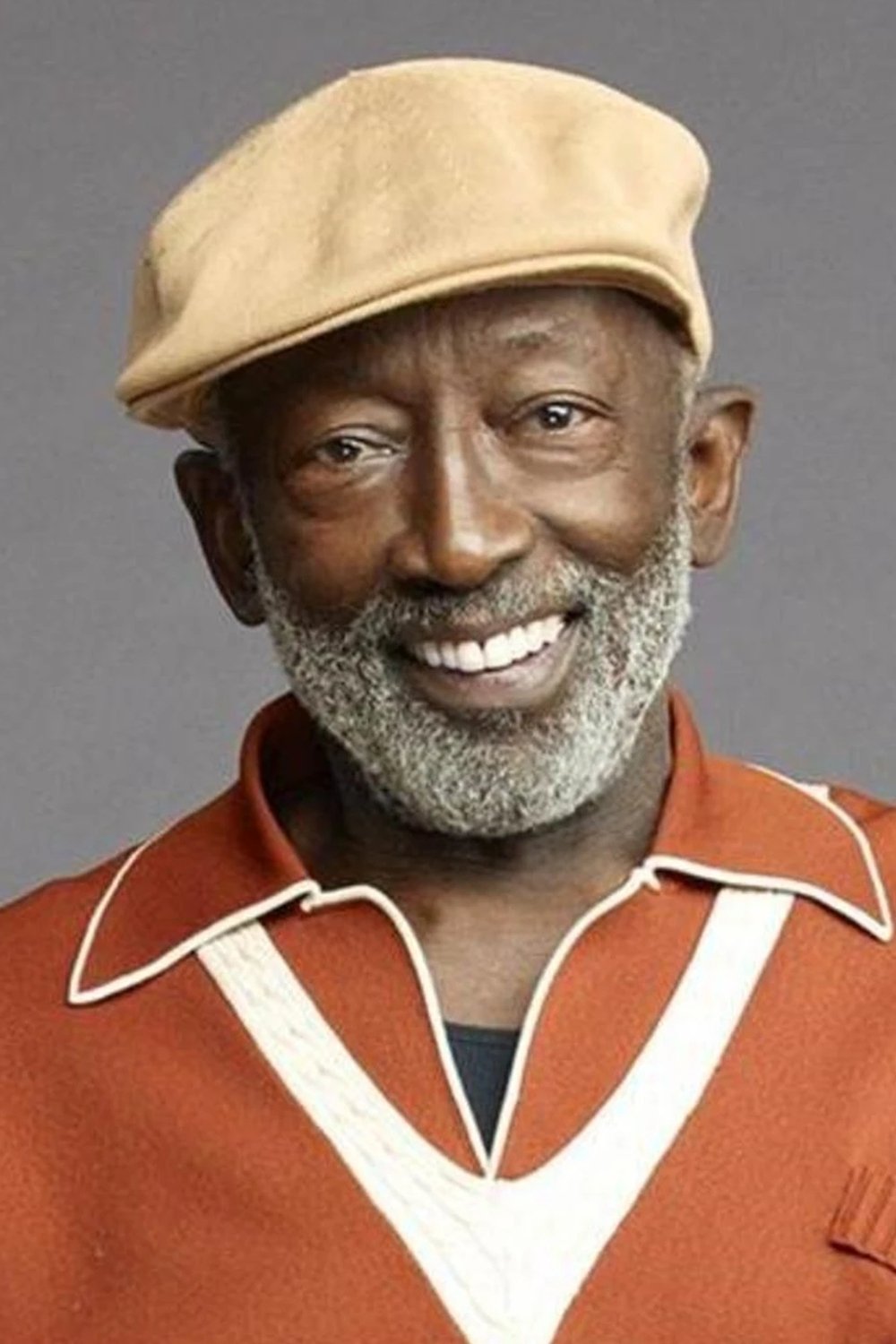
In the show’s early days, a funny bit involved Morris appearing in a small box on the screen, loudly announcing the top story as a service for viewers with hearing difficulties. This segment, which appeared regularly at the end of ‘Weekend Update,’ relied on the humor of being excessively loud.
Disability advocates pointed to this scene when talking about making television accessible to deaf and hard of hearing viewers. Eventually, the show removed the joke and began using live captioning during broadcasts. The running gag was no longer included when the show was re-aired or shown in compilations.
Julia Sweeney – It’s Pat
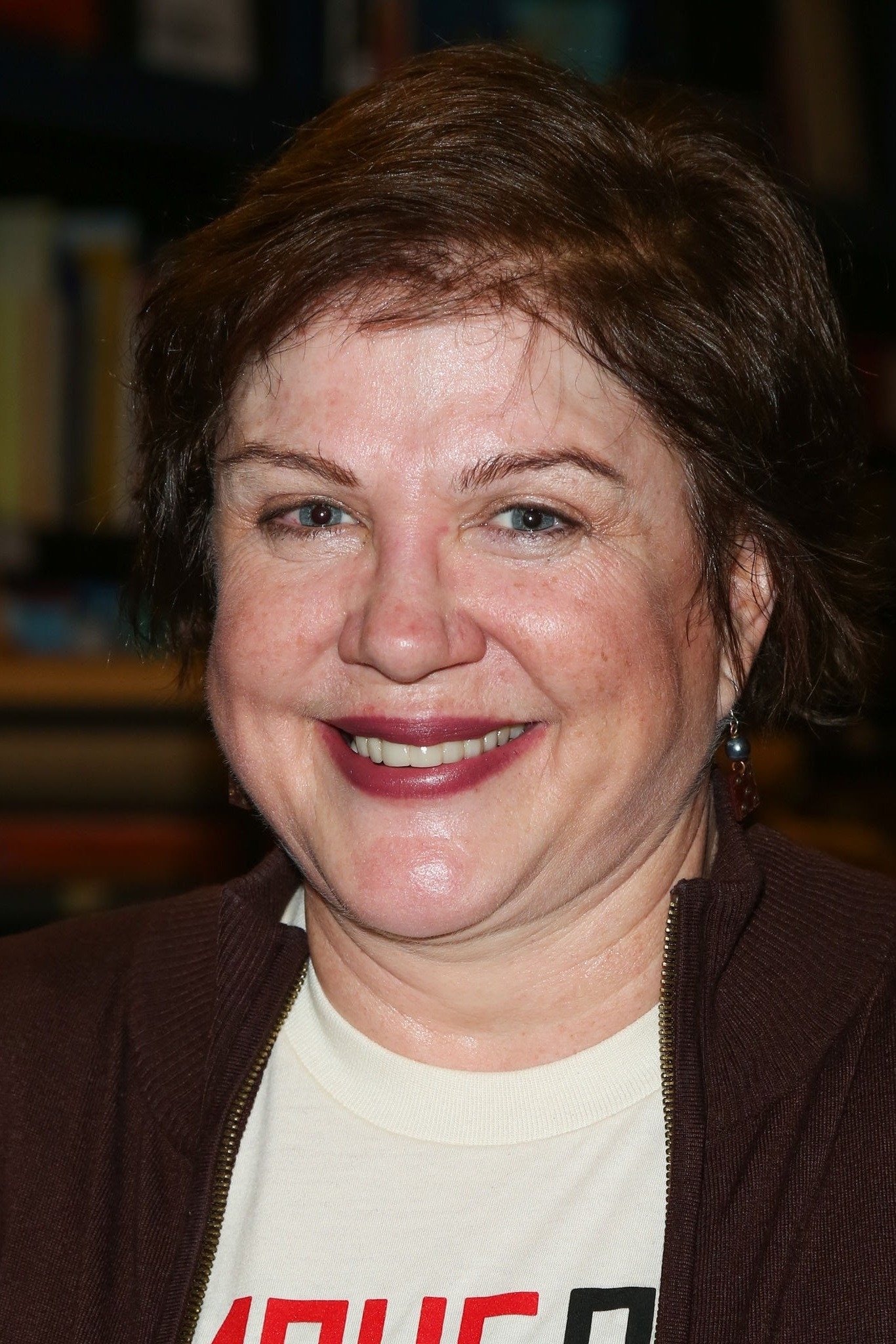
I always loved Pat Sweeney’s character! It was hilarious watching people try to figure out Pat’s gender – the confusion in everyday places like offices and restaurants was just perfect. It was so popular, it even turned into a whole movie later on, which I was thrilled about!
As discussions about gender identity grew, some people criticized the sketch for making a serious subject into a simple joke. The character hasn’t appeared regularly in recent seasons, and now, when looking back at that time, it’s seen as representative of how ‘Saturday Night Live’ used to approach gender-related humor.
Adam Sandler – Canteen Boy
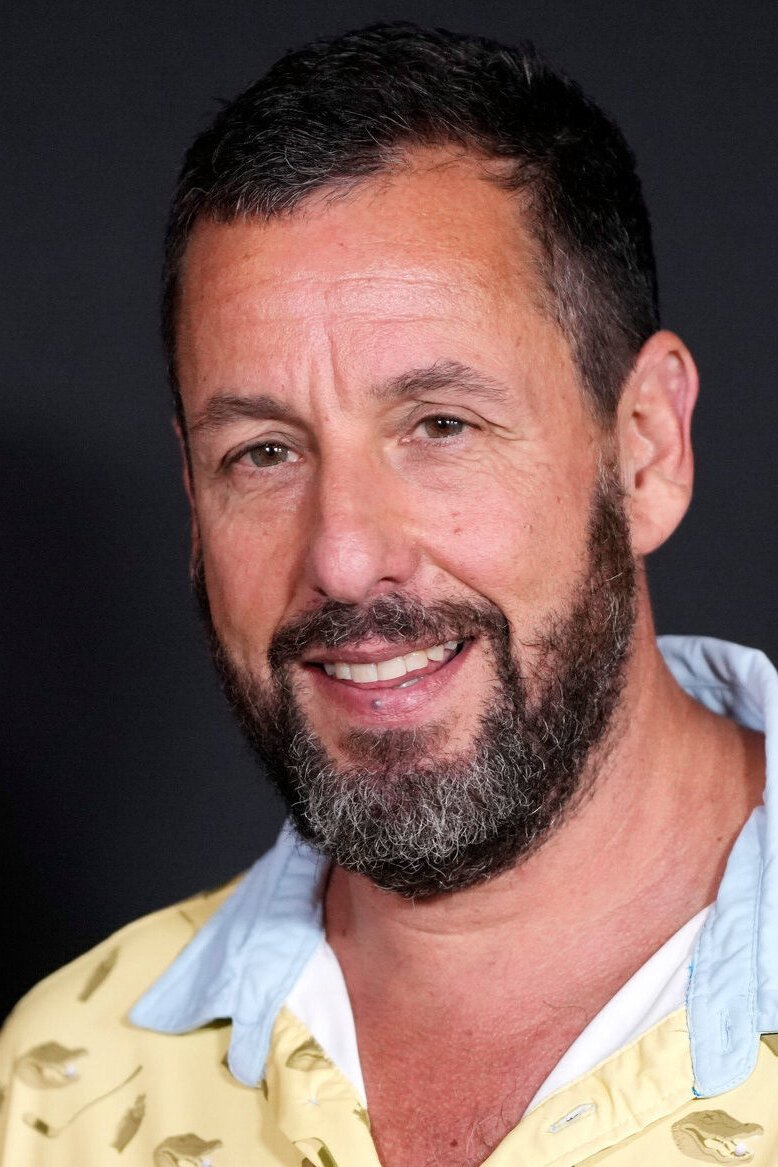
An episode from 1994 involved a scout leader who made unwanted advances toward Sandler’s innocent character while they were camping. The humor relied on creating an awkward and tense situation, and the scene included intentionally uncomfortable physical interactions.
The episode has been shown again with notes and changes recognizing that some of its content might be seen differently now. When Sandler hosted the show again after many years, producers focused on other popular characters and moments from his time, intentionally leaving this particular sketch out of any official collections.
Norm Macdonald – OJ Simpson Jokes on Weekend Update
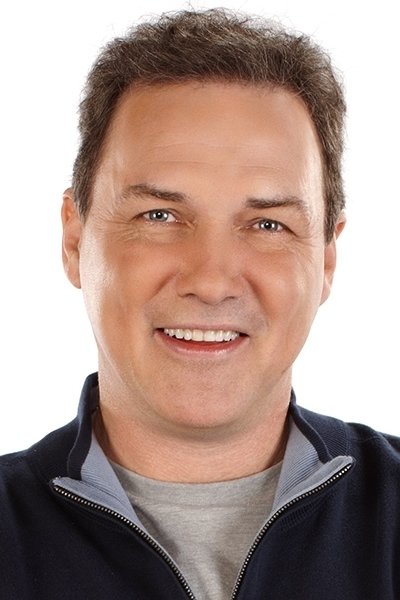
After the O.J. Simpson trial, ‘Weekend Update’ on Saturday Night Live kept returning to the case with straightforward, often harsh jokes. The trial became a frequent and memorable part of the show’s news parody, with jokes continuing even after the verdict was announced.
Stories circulated about disagreements between Macdonald and NBC executives regarding the show’s comedic style. In 1998, he was taken off the air, and he later explained that the network was unhappy with his consistent focus on certain topics and his approach to writing jokes.
Jimmy Fallon – Chris Rock Impression
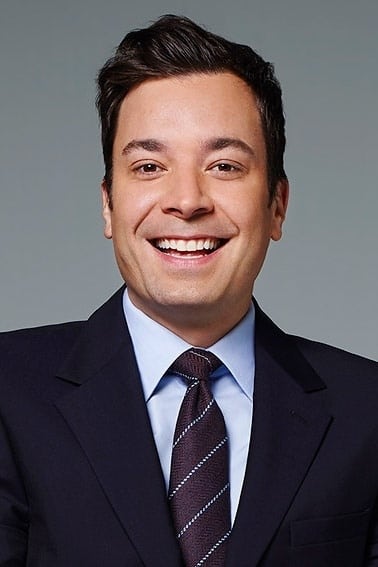
In 2000, Jimmy Fallon did an impersonation of Chris Rock on television, using makeup to darken his skin. He copied Rock’s speech patterns and movements during a live show, and there wasn’t any immediate discussion on air about his choice of makeup.
Videos from past episodes gained attention again in 2020, leading Jimmy Fallon to apologize. NBC updated its online archives to address the issue, and the show committed to avoiding the use of dark makeup in future impersonations.
Darrell Hammond – Jesse Jackson and Al Sharpton Impressions

Throughout the 1990s and early 2000s, Hammond often impersonated civil rights leaders on the show, using dark makeup to achieve the look. These performances were typically featured at the beginning of episodes or in sketches that parodied political debates, becoming a standard part of the show’s political commentary.
As television standards changed, the show stopped using the original casting method and gave those roles to different actors. In later seasons, Black actors were cast in those roles, and older promotional footage was removed from the show’s official online platforms.
Fred Armisen – Barack Obama Impression
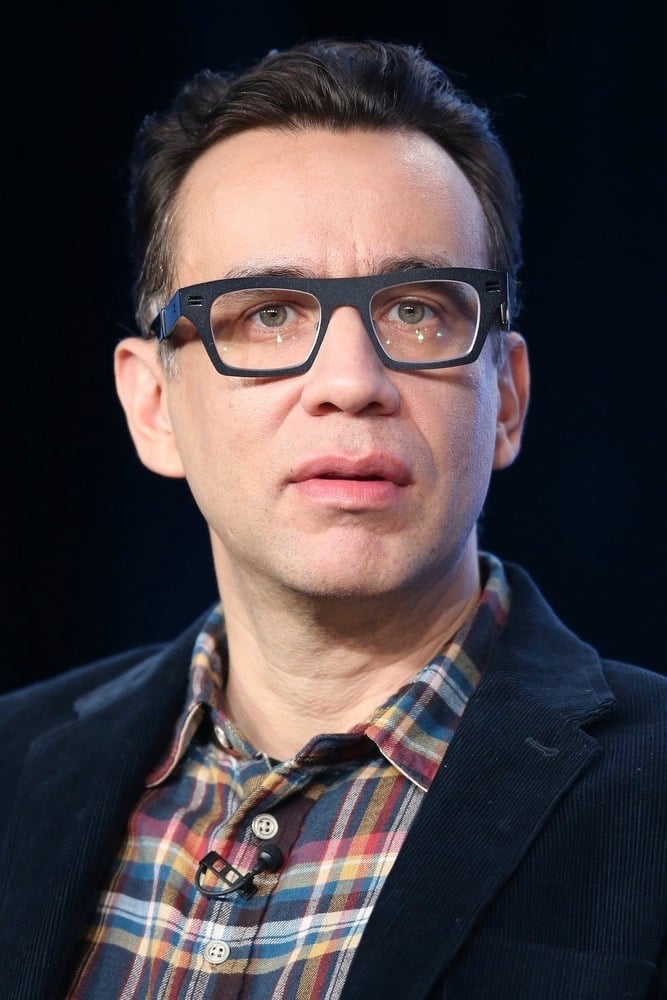
Back in 2008, I first saw Fred Armisen do his take on Barack Obama – it was amazing! He’d use makeup and really nail the voice. He played Obama in a bunch of funny campaign sketches and did these hilarious parodies of press conferences all throughout the election. It was a really memorable part of that whole election season, honestly.
Starting in 2012, the show began using Jay Pharoah for certain impressions, ensuring the performer’s race matched the person they were portraying. Later compilations showcase this shift as part of a larger effort to update casting practices on ‘Saturday Night Live’.
Gilda Radner – Baba Wawa
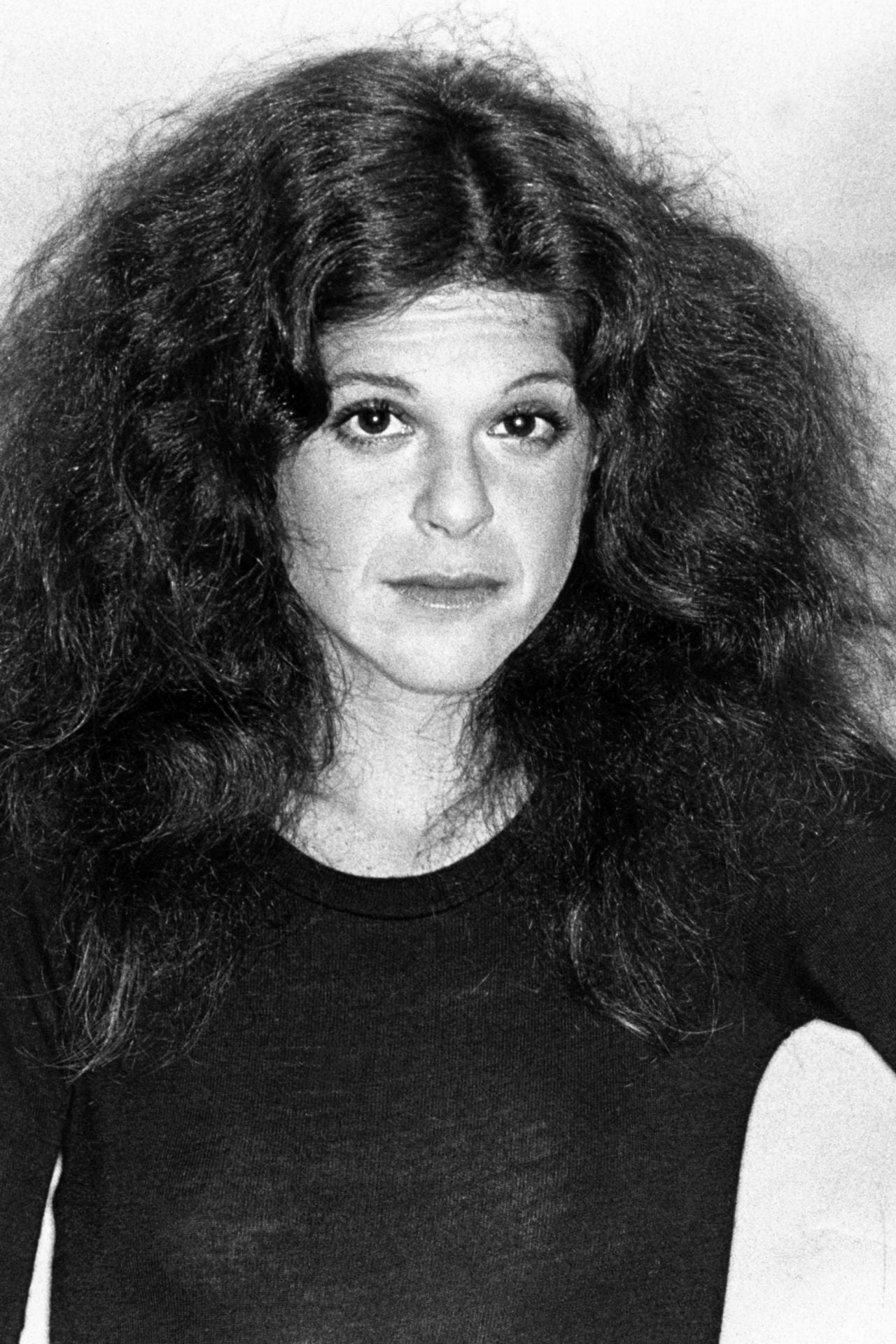
Gilda Radner’s impression of Barbara Walters hilariously mimicked how Walters spoke and transformed interviews into funny, fast-paced jokes. This became one of Radner’s most famous characters and was featured on the show for several seasons.
After the show aired, media critics discussed how it made fun of the way people speak. Barbara Walters spoke about this criticism in interviews throughout her career, and the show’s records now provide context about the character and the time period.
Will Ferrell – Schweddy Balls
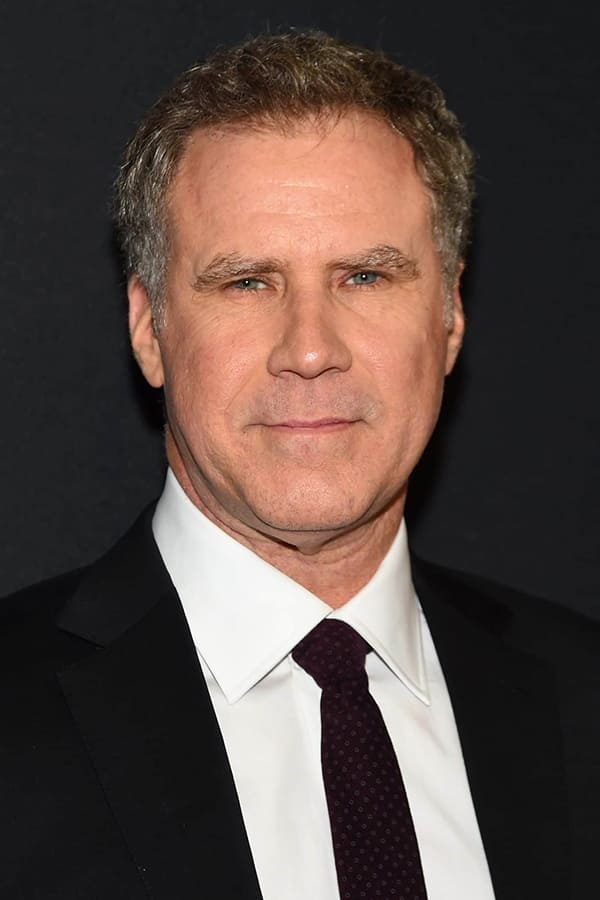
Okay, so picture this: Will Ferrell and Ana Gasteyer are these incredibly polite, quiet public radio hosts, and they’re interviewing a baker about holiday baking. The whole thing is hilarious because the humor isn’t *what* they’re saying, but *how* they’re saying it – it’s packed with subtle double meanings. It was a standout sketch from that season’s Christmas episode, and honestly, it still cracks me up thinking about it.
The saying sparked a special edition ice cream flavor, bringing the original comedy sketch back into the spotlight. Some parents complained to TV stations that aired reruns of ‘Saturday Night Live,’ and a few stations moved the sketch to later time slots to avoid showing it during early evening hours.
Pete Davidson – Dan Crenshaw Joke
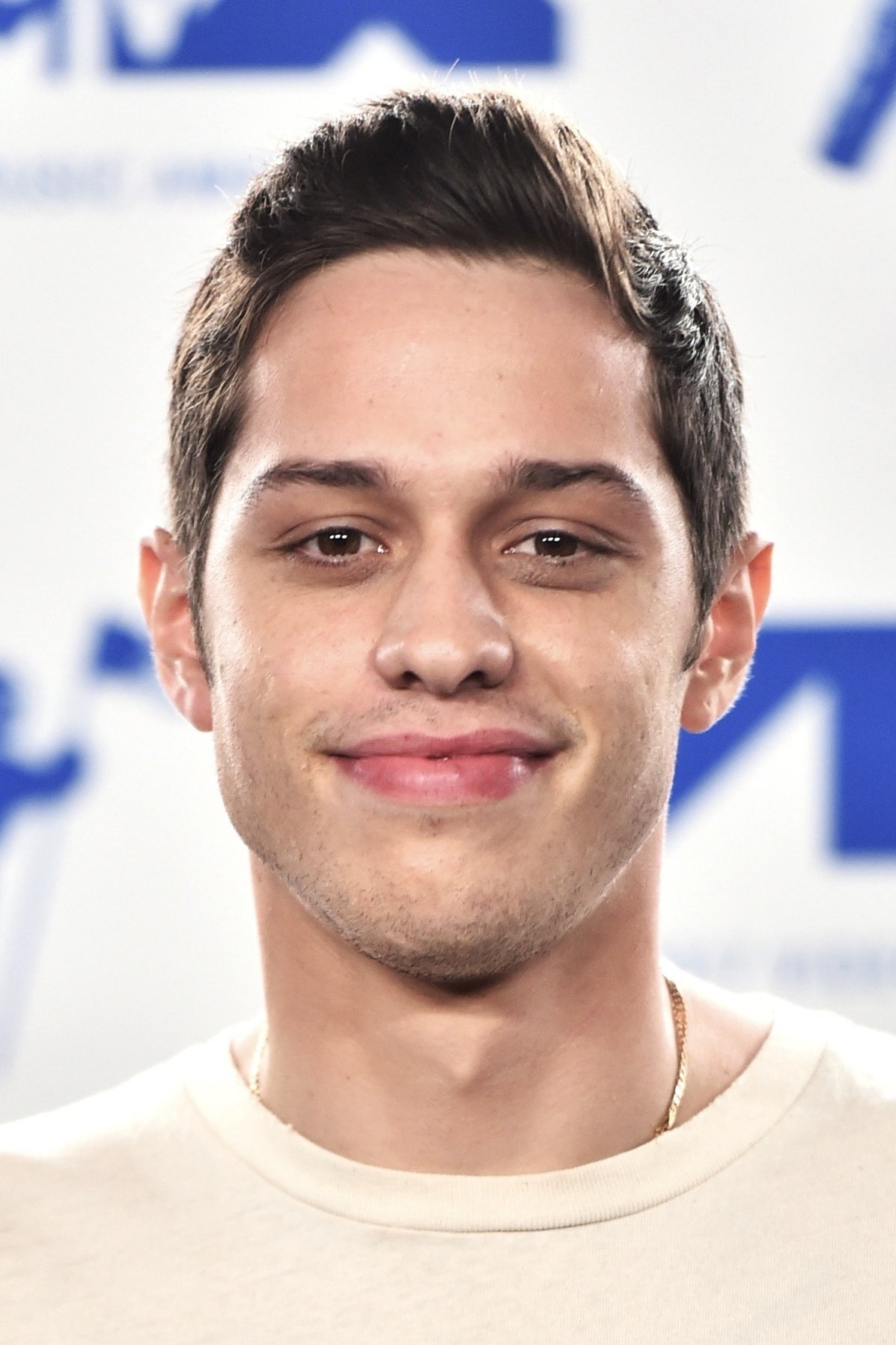
In November 2018, Pete Davidson made a joke on ‘Weekend Update’ about congressional candidates, including a comment about Dan Crenshaw’s eye patch. This happened shortly before the midterm elections.
The show invited Crenshaw on the following week, and Davidson publicly apologized to him on air. The segment served as a prime example of how ‘Saturday Night Live’ responds to and addresses immediate controversy stemming from a live performance.
Michael Che – Israel Vaccine Joke
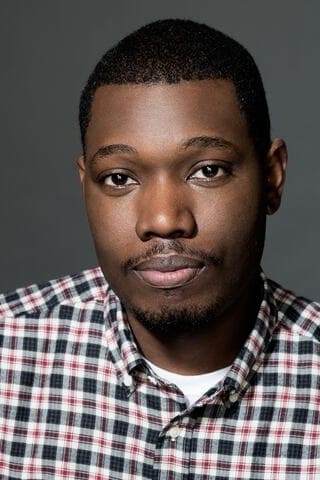
In February 2021, comedian Che made a joke on ‘Weekend Update’ about Israel’s vaccine rollout that mentioned Jewish people. The joke received backlash from groups that track antisemitism, as well as from viewers who found the wording problematic.
I noticed NBC didn’t immediately correct the joke on air, but it really got picked apart by the media over the weekend. The clip went viral, and everyone started questioning how carefully they check these kinds of sensitive jokes before they’re said. It just kept bringing up questions about their process, and I couldn’t help but wonder how they’ll handle similar situations in the future.
Leslie Jones – Slave Auction Dating Bit
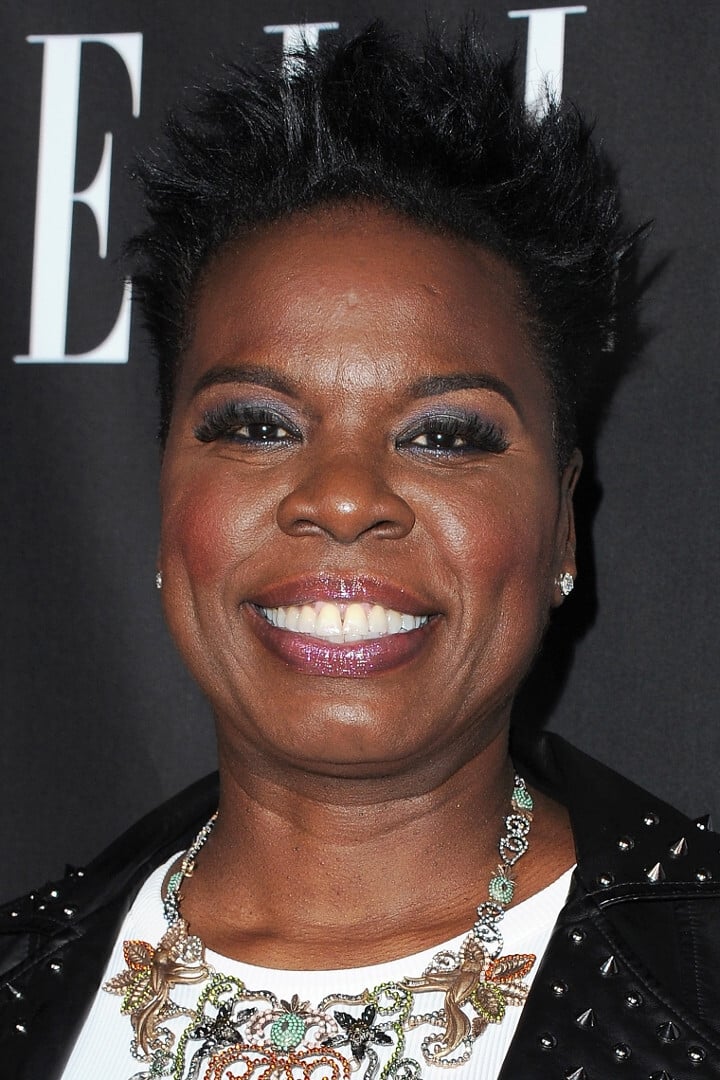
In 2014, while appearing on ‘Weekend Update,’ Jones performed a segment that jokingly connected slavery to contemporary dating and body image. The bit was delivered as if it were a personal story and was broadcast live.
The segment sparked significant debate on social media and drew criticism from civil rights advocates. Jones responded to the controversy in later interviews, and the show continued to feature her, though they adjusted the topics of her monologues.
Mike Myers – Japanese Game Show
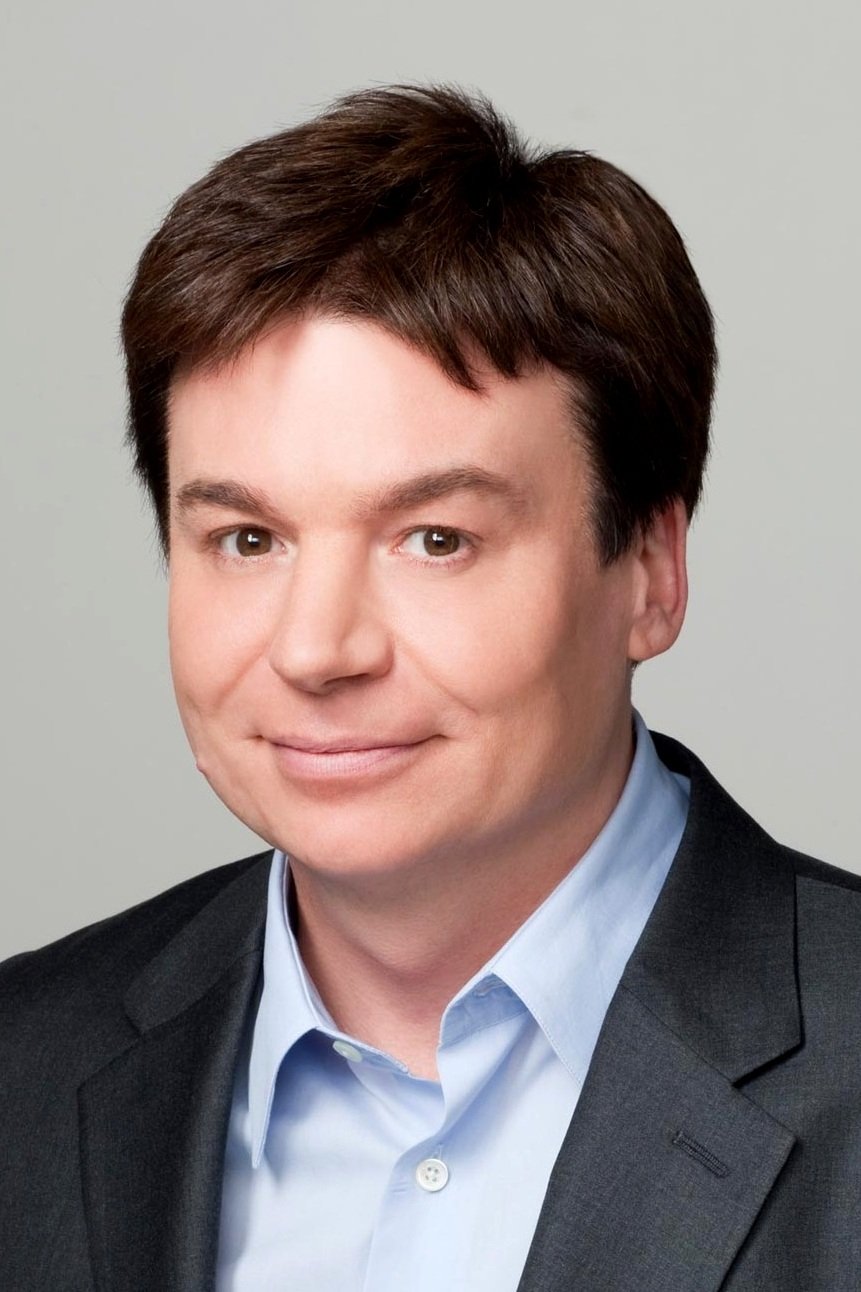
A comedy sketch from the mid-1990s featured an American competing on a game show styled after Japanese programs, with Mike Myers as the host. The humor came from over-the-top accents, silly phrases, and physical comedy as the contestant struggled with the challenges.
The sketch later became a point of discussion for media critics examining how Asian culture was depicted in comedy shows. When the sketch is shown on streaming platforms or in reruns, it’s often accompanied by information about the importance of diverse representation on ‘Saturday Night Live’.
Taran Killam – Djesus Uncrossed
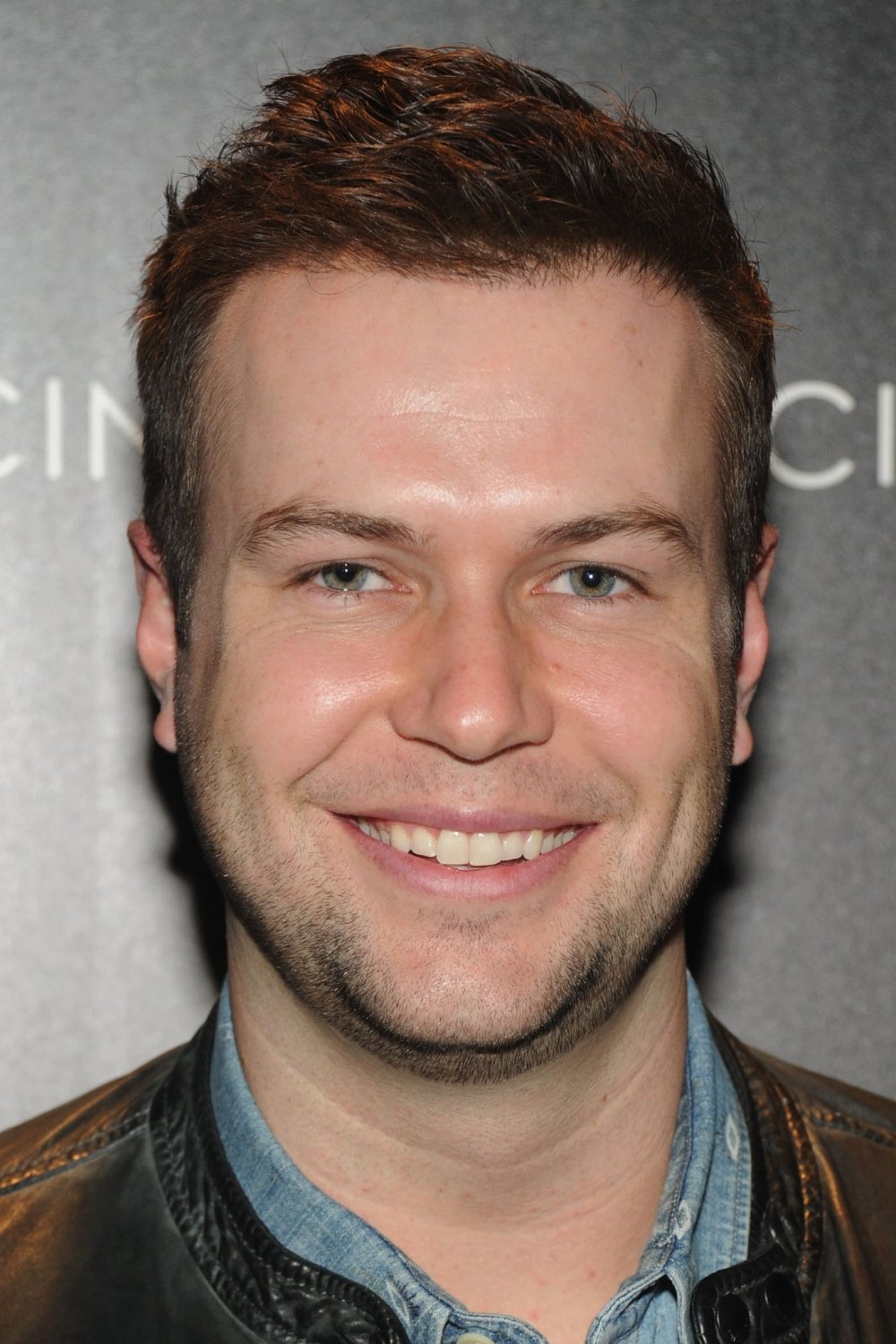
I remember seeing this trailer back in 2013 – it was wild! Someone had made this really cool, over-the-top trailer in the style of Quentin Tarantino, but the story was this crazy revenge tale featuring biblical characters. The actors played the disciples, and it used a lot of that signature, stylized violence you see in Tarantino films, all to make this really funny parody. It was a brilliant idea!
After the show aired, religious groups protested, and the sketch wasn’t shown much on official channels. Later, discussions about the segment appeared in reviews of the season, which examined how the show handled satire related to religion at that time.
Beck Bennett – Safelite Parody
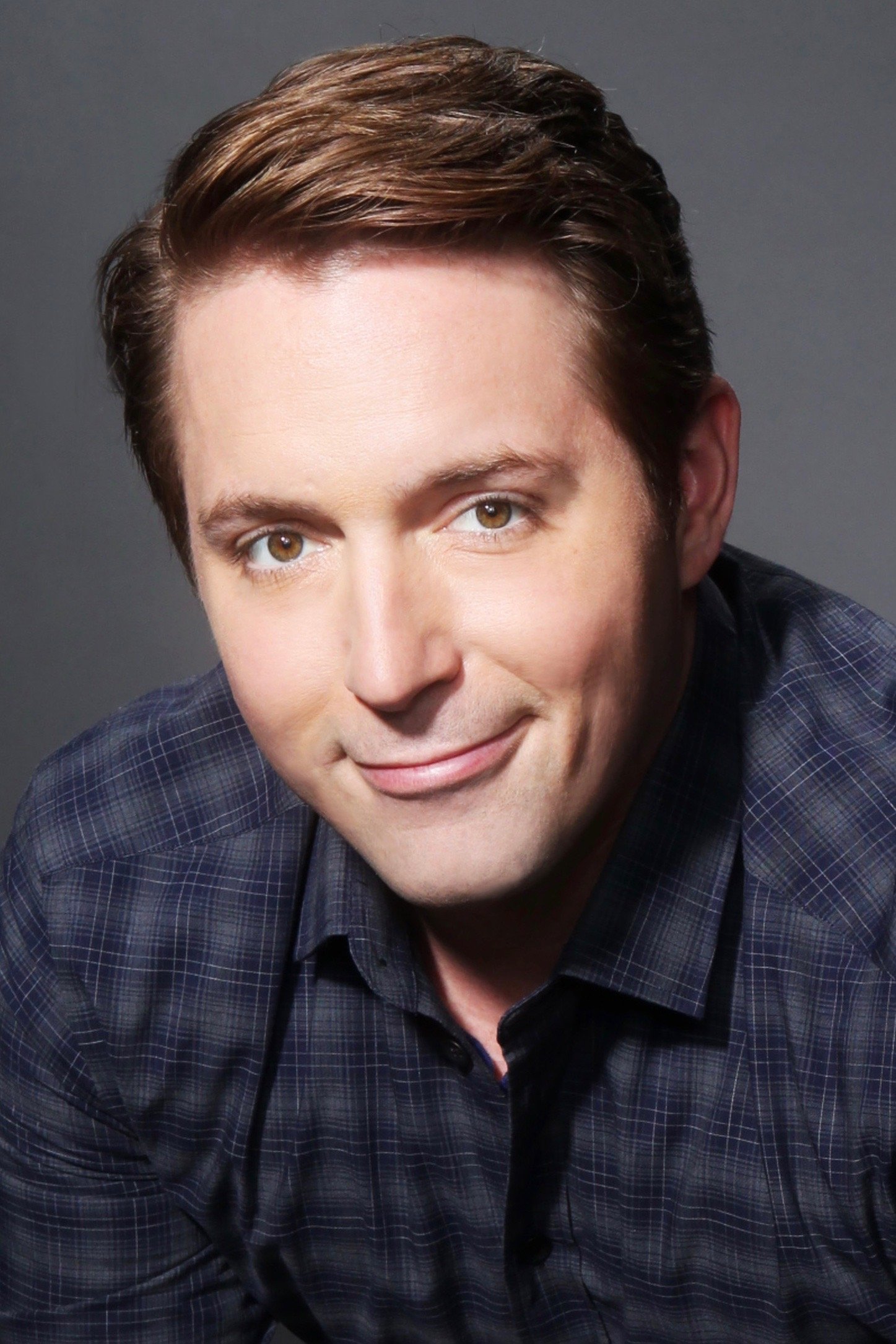
A funny commercial from 2017 showed a windshield repairman repeatedly finding excuses to go back to a teenage customer’s house. The commercial implied the company’s service could be used inappropriately, and the humor relied on the technician’s repeated visits.
The company protested the sketch publicly, and after the weekend, it was restricted on some online platforms. Now, this incident is often brought up in discussions about how much creative freedom parody ads should have when featuring actual brands.
Mikey Day – Gen Z Hospital
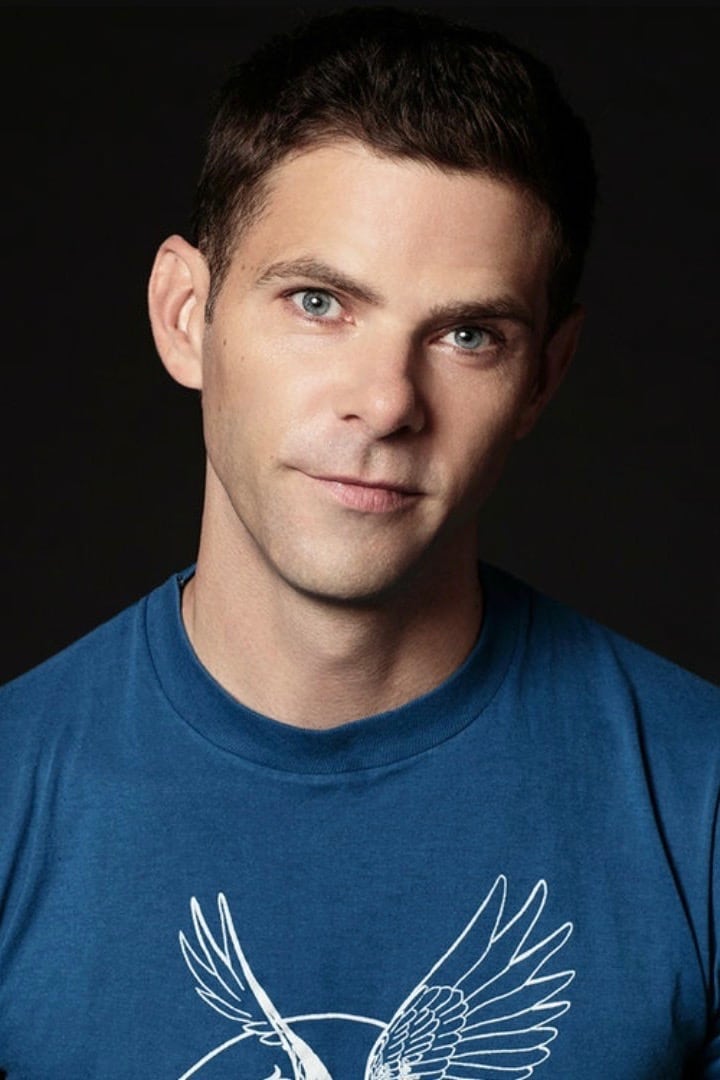
During a 2021 episode, a hospital-based comedy sketch featured a lot of current internet slang, especially because Elon Musk was a guest host. The actors played friends responding to a medical situation, and they mostly communicated using popular phrases and terms from online culture.
The segment received criticism for its inaccurate use of slang and its depiction of how Black people speak. While the show didn’t remove the clip entirely, it also didn’t feature it prominently in future promotional material.
Chris Rock – Boston Marathon Monologue
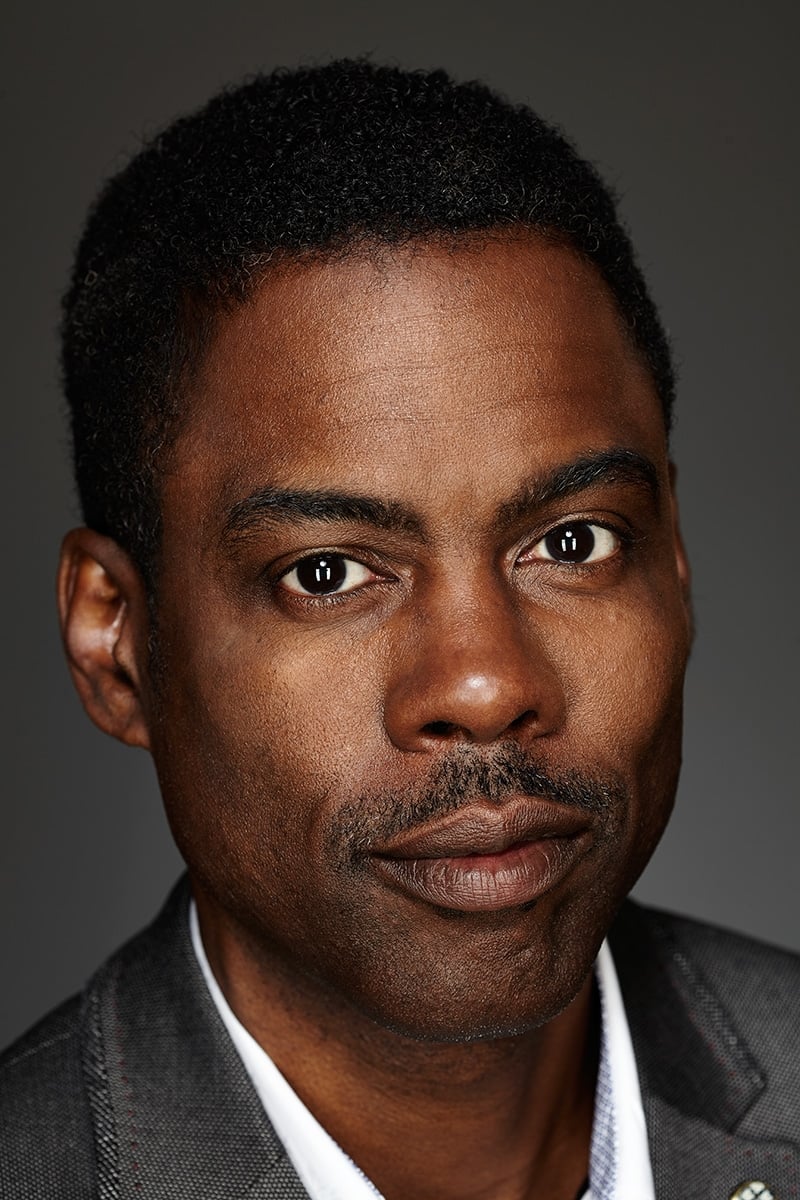
Let me tell you, when Chris Rock hosted in 2014, his opening monologue was pretty bold. He tackled the Boston Marathon bombing and the rebuilding of the World Trade Center with humor, framing his jokes around how we think about public spaces and security these days. It was a live performance, so you could really feel the audience reacting to his material.
People who support families and news outlets in Boston expressed concerns about when and how the segment aired. Although there was criticism, NBC didn’t change the original episode when it re-aired and decided to keep the segment available in the ‘Saturday Night Live’ archives, documenting both the show and the public’s reaction.
Let us know in the comments if we left anything out or got something spot on – we’d love to hear your thoughts and continue the discussion.
Read More
- 2025 Crypto Wallets: Secure, Smart, and Surprisingly Simple!
- Gold Rate Forecast
- Brown Dust 2 Mirror Wars (PvP) Tier List – July 2025
- HSR 3.7 story ending explained: What happened to the Chrysos Heirs?
- Games That Faced Bans in Countries Over Political Themes
- 9 Video Games That Reshaped Our Moral Lens
- Gay Actors Who Are Notoriously Private About Their Lives
- ETH PREDICTION. ETH cryptocurrency
- Uncovering Hidden Groups: A New Approach to Social Network Analysis
- The 10 Most Beautiful Women in the World for 2026, According to the Golden Ratio
2025-09-28 22:30